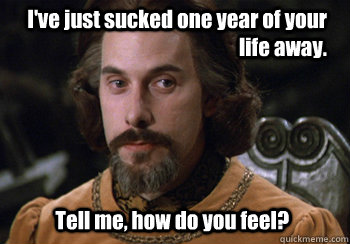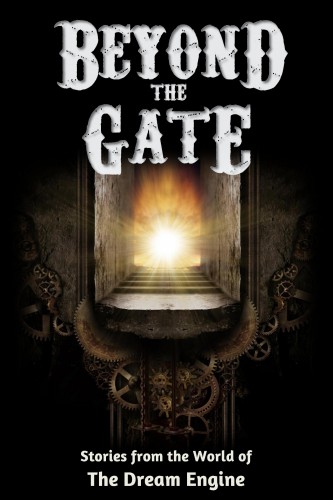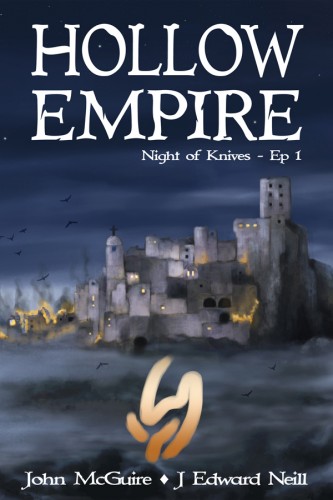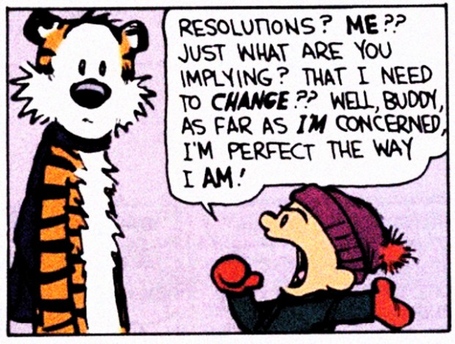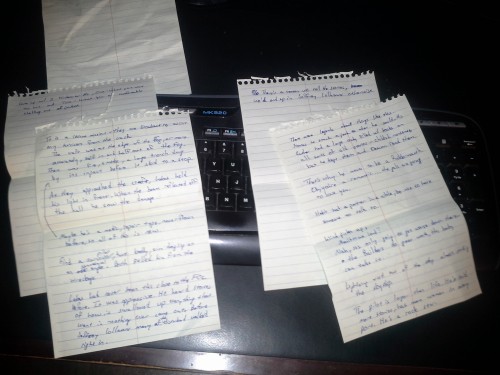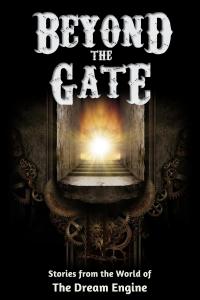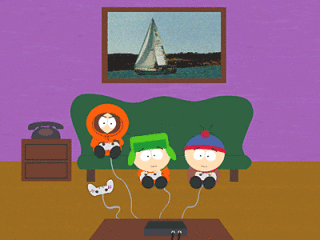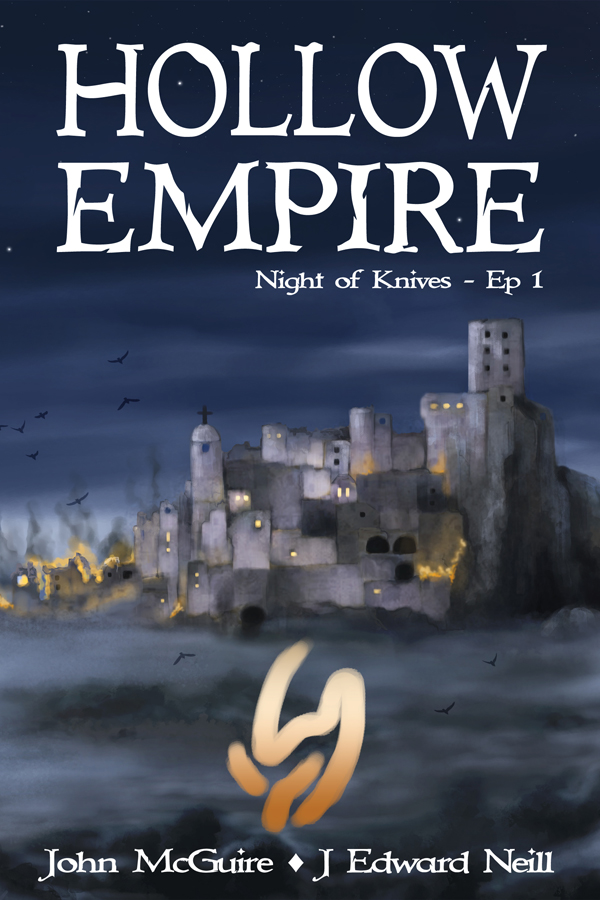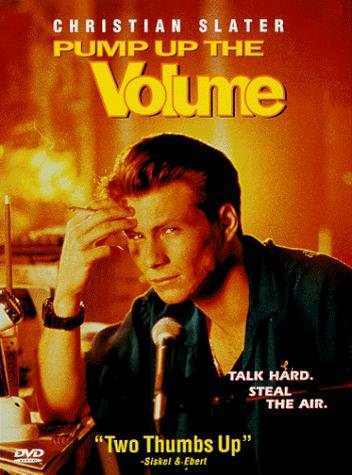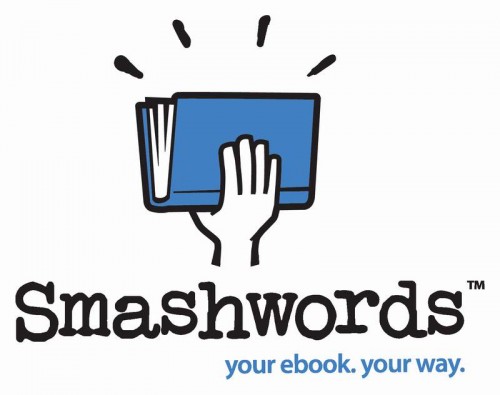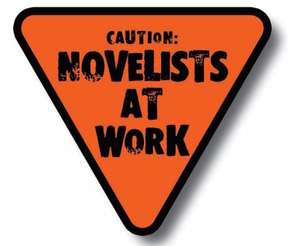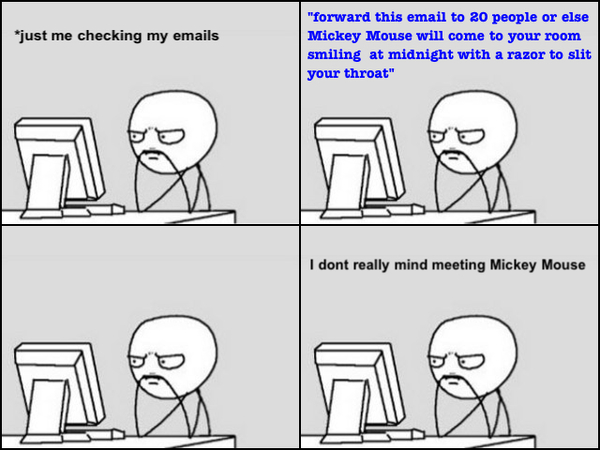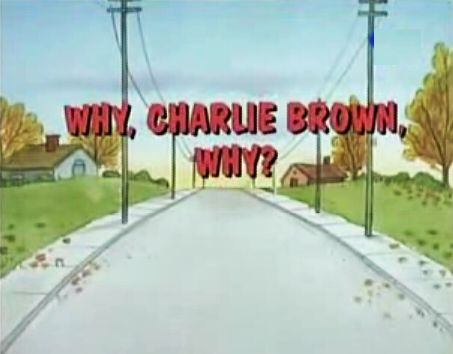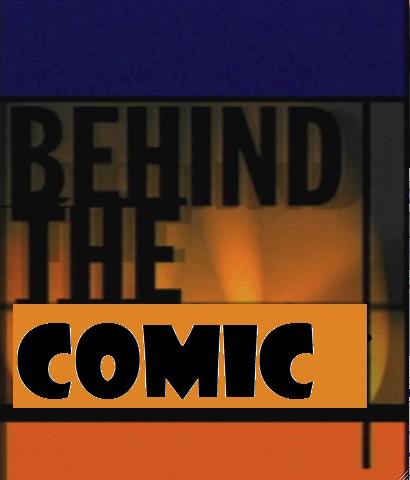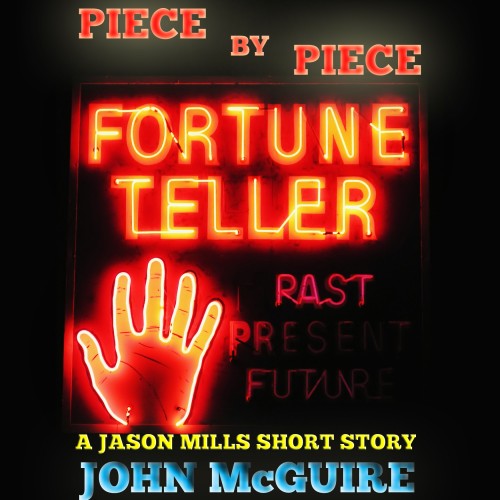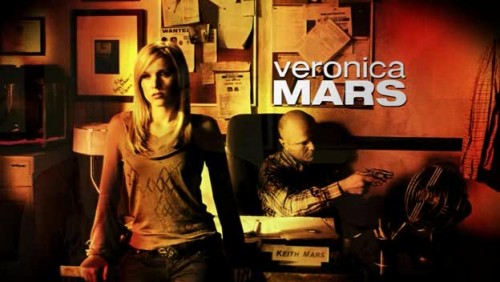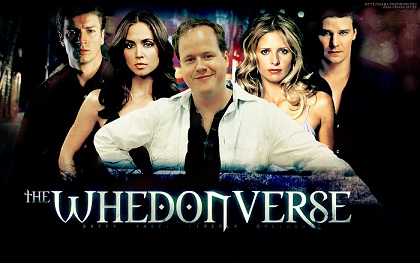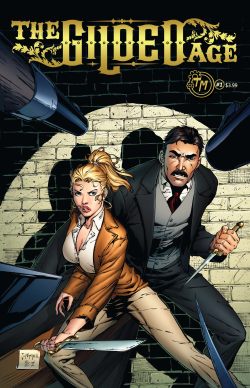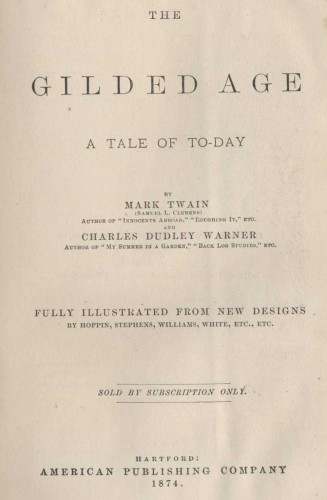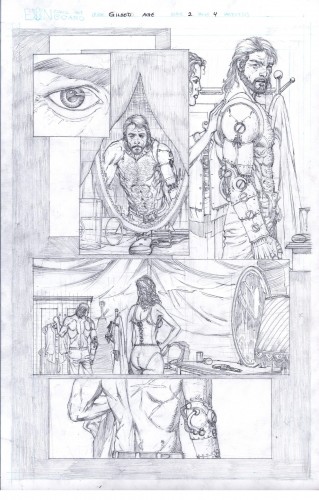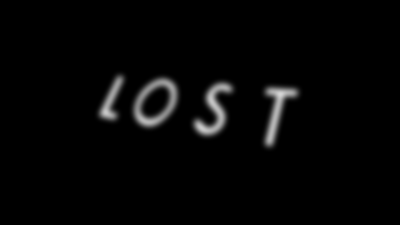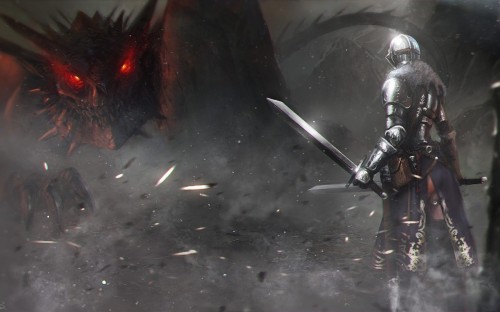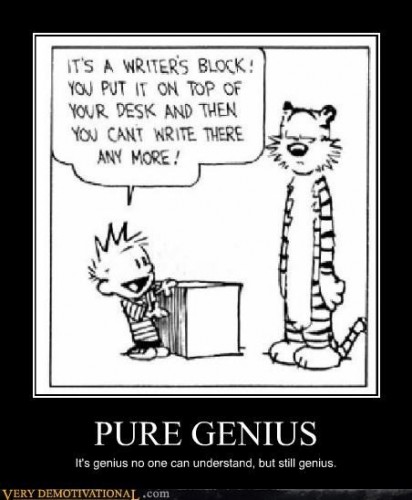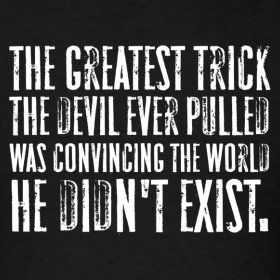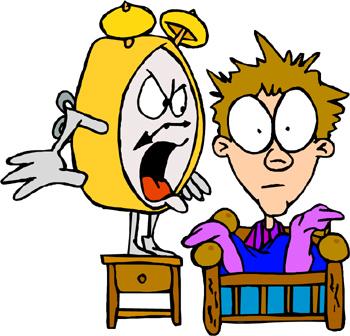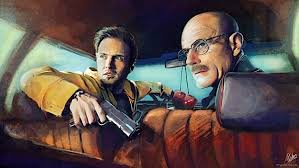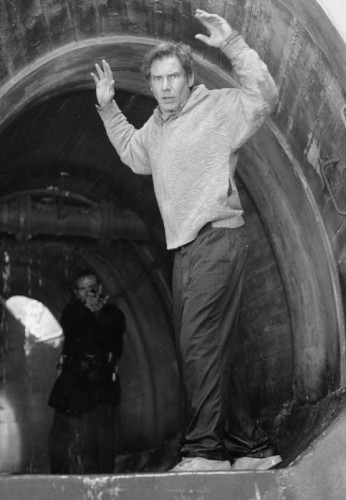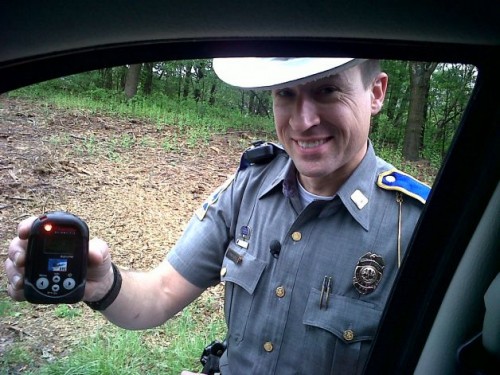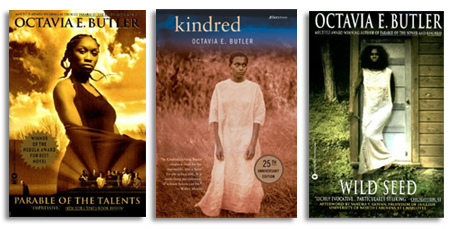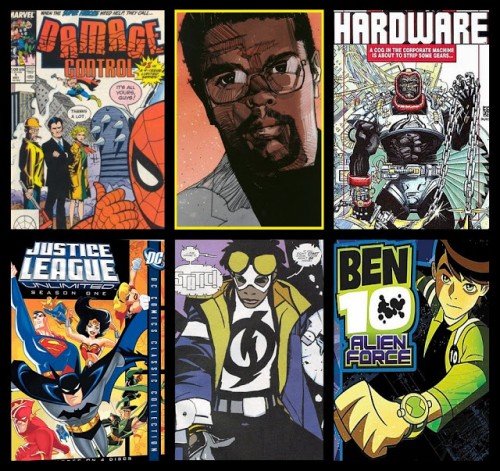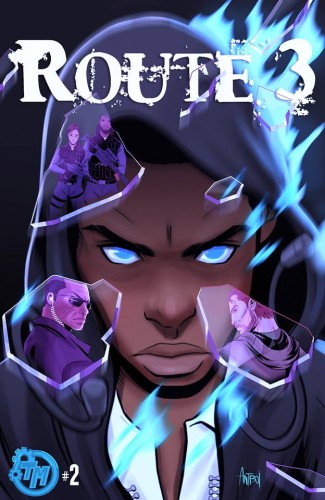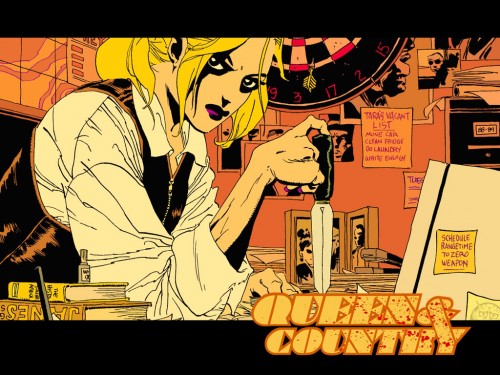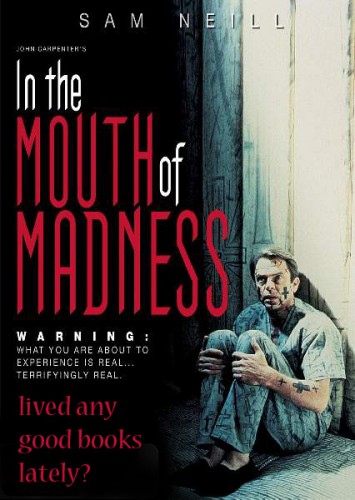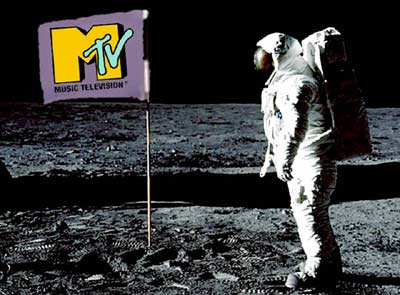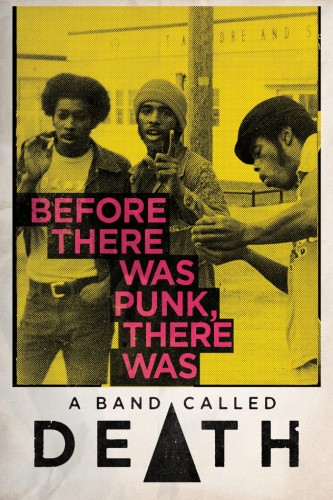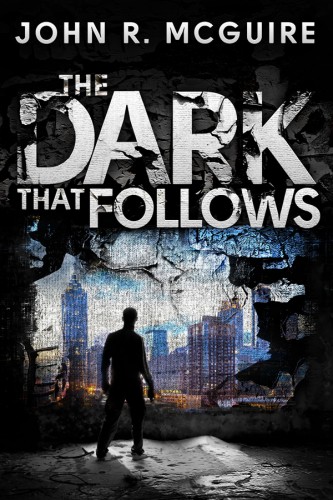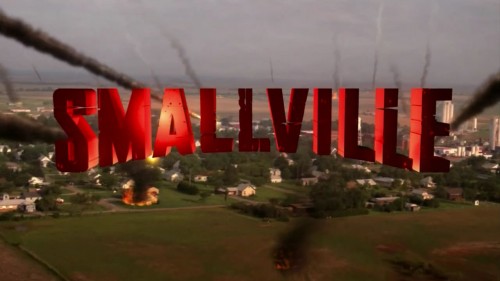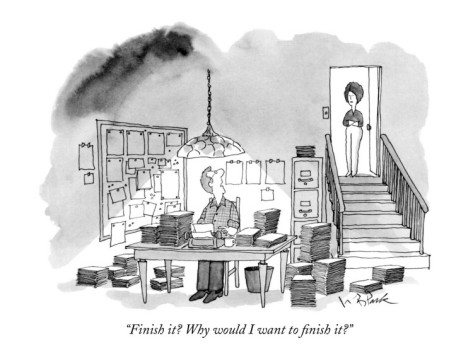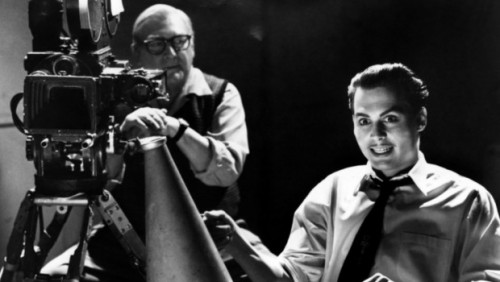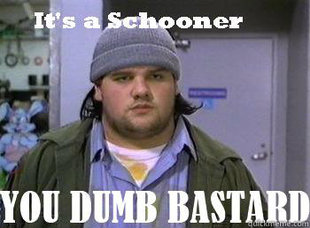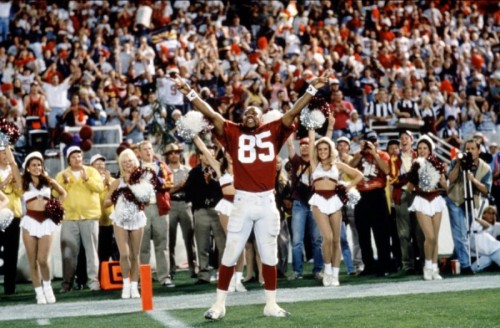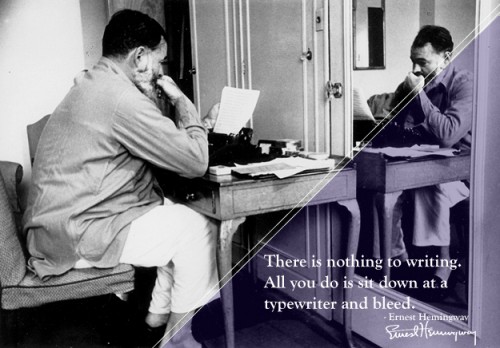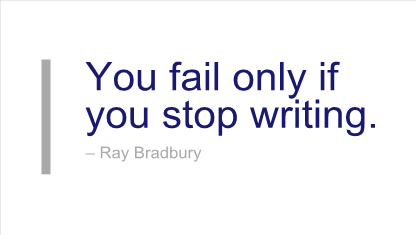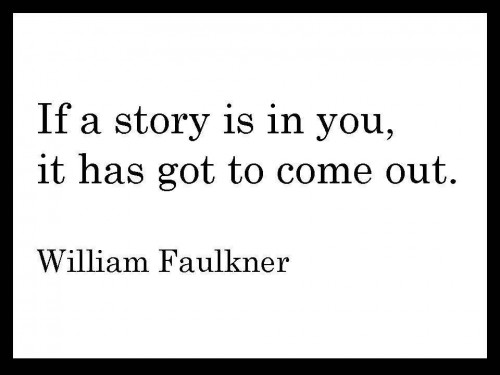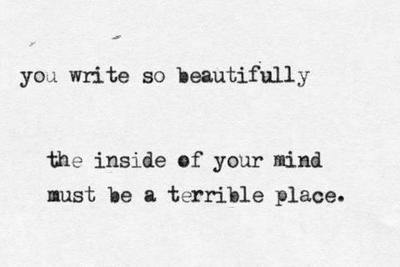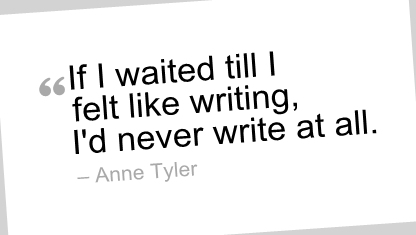Among the handful of podcasts that I listen to is the Self Publishing Podcast. Basically 3 independent writers come on weekly and share their thoughts and experiments and interviews with the rest of us trying to find our way in this brand new world of ebooks and tablets and whatnot. I’ve been listening since almost the beginning, randomly stumbling upon them through some way or another.
I’ve since become a bit more interactive with some of those like-minded fans of theirs. And it has been a wonderful experience so far with people sharing ideas on how to go about getting more eyeballs on the works we’re creating. So, when Kevin put out the call to do some kind of interview swap, I raised my hand.
***
What would you like people to know about you?
I hail from a once thriving world called Wordslingeton, where my highly advanced race loaded me into a small capsule and launched me to this planet in an effort to preserve Wordslinging culture. I also provide author coaching for those looking to get into this game. The two are very similar.
At what point did you sit down and decide to write that first book?
I was actually in about second grade the first time I sat down and decided to write a book. I wrote in pencil, on lined notebook paper, and filed about four pages front and back (including the hand-drawn cover … very “young Renaissance!”). When I took my book to school, my teacher informed me that “books aren’t written on notebook paper.” Thus propelling me into a downward spiral of “my work isn’t good enough” that has lasted to this day.
But the first real book I wrote was an as-yet unpublished horror story. Unpublished, because it was just awful. Truly terrible. It’s not bad as “writing” goes, but for plot and structure and characterization, it’s more horrible than its own premise. I’m haunted by it.
I did, however, learn a lot from it.
Just the act of sitting down and actually writing a book was a big boost for me. It showed me I could do it. And, having done it once, I did it again. And again. And again. I may not ever publish that first book (I go back and forth on it, digging it out of the drawer at least once per year), but I’ll always be grateful to it, because it was a start.
The first time I followed through and actually published, however, was the first book in my “Citadel” series. That book, too had it’s “awfulness.” But mostly in the form of arrogance on my part. I didn’t bother with editing or proofing, for example, because that would keep my book from reaching the yearning masses in a timely manner. So instead, I released the first edition au naturale. Raw. Straight from my keyboard to the page.
And, shockingly, despite all the typos and continuity errors, it was actually well received! It didn’t draw those “yearning masses” I had hoped for (I’m still looking for those guys … I imagine them out there, wandering and yearning, forever hoping to stumble upon my work. Poor buggers). But I did get an audience out of it. And an education. I’d say that writing and publishing that book, and then rewriting and re-publishing it, was the best author course I could have enrolled in.
If you could start all over again, what advice might you have for your younger self?
Two things: Start writing sooner, and write more books.
It’s ridiculous how much time I wasted in my younger years. Wholly ridiculous. More than anyone else I’ve ever known, I’ve had piles upon piles of free time in my life, in which I had this yearning to write, but was too lazy to actually do it. I wanted to be published, but I didn’t want to write a book. That was hard. That was work. I wanted my brilliance to be recognized just in and of itself.
So once I perfect my own TARDIS (made, at the moment, using old TV parts and zip ties), I’ll be paying a visit to Young Kevin, giving him a thump on the head and a copy of Scrivener, with a note that says “Write the books, save the world.”
Because the one piece of advice that’s universal, from all authors everywhere, is “Write more books.” It’s also the best marketing advice you’ll get. “Write more books,” and you’ll be more “discoverable.” “Write more books” and you’ll build an audience faster. “Write more books” and you’ll have more credibility. And you can write more books by starting right now, not waiting until “the time is right.”
In your latest work, what was the hardest scene to get right? And what did you do to solve the problem?
In “Sawyer Jackson and the Long Land,” the toughest scene was when I had to introduce the main character (Sawyer) to the main antagonist (Aeodymus). The two are on different planes of existence, by necessity, and can’t actually interact with each other yet. So it was the classic conundrum … Aeodymus is the Voldemort to Sawyer Jackson’s Harry Potter, and you can’t have them facing off in the first act. You have to spend some time learning to fear the guy. You have to feel the anticipation.
I worked on this for a while, but the answer came to me all of a sudden, in the shower (as all answers do). I had already created a very cool “magic system” for this book, and tied it to what I was calling the Omni—the Omniverse, or the collection of all existence and realities. The knotwork is this thing that winds through everything in existence, and our guy Sawyer can see and manipulate it. I made the decision, then, that to make Aeodymus a more personal threat, I needed him to have the same ability. So I wrote a scene in which Sawyer and Aeodymus interact within a sort of dark knotwork.
It was a real turning point for the characters, and a real point of danger in the story. It started a thread that has woven its way right into Book 2, which explores the idea of the dark knotwork even further.
And I think that’s the key to good storytelling. The practical solutions are both fed by and fed into the story itself. One influences the other at all times. So there are those story telling devices that we, as authors, study and commit to using. And when we start implementing them we realize, “I have to tie this to my mythos. I have to make these practical, real-world pieces fit my improbable world.” That’s when it gets fun. That’s when you get to really be the author you always dreamt of being. Real writing happens right there.
Writing is often a very lonely profession, but one of the ways to combat that is through collaboration. Have you managed to work with any other writers on projects up to this point?
I’m actually collaborating on two different books right now, along with my own work. One is a serialized project called “The Lucid,” which was the brain child of author Nick Thacker (www.nickthacker.com). Nick’s another author coach and marketing smartypants, like me. I actually went to him at one point for author coaching, and liked him and his approach. I pinged him about collaborating together, and he was onboard immediately. He’d been looking for someone to write with, and he liked my work. So he shared his idea for “The Lucid,” and now we’re finishing up the first episode. It’s already available for pre-order on Amazon! (http://www.amazon.com/dp/B00N4AO18U)
The second collaboration is with an old friend and mentor. Todd Hewey and I have produced documentaries together in the past, and he was actually the first person to give me a real shot at breaking into that industry. I learned a lot from him. So when he approached me with his idea for a book, based on a film treatment he’d written that was getting some attention from Warner Bros., there was no way I could pass it up. It’s a grueling book to write, of course. It’s science fiction, but int he style of Tom Clancy and other prolific and hyper-detail-oriented authors. Not really a strength of mine. But that’s where Todd comes in, supplying me with more detail than I can handle, most of the time.
What’s been great about both of these projects is how much I’ve learned from my partners. We’re always teaching each other, frankly. I know quite a bit about characterization and plot, and how the two meld and dance together. I’m a character writer, first and foremost. And that, I’ve discovered, is something unique in this business. Most authors tend toward setting or details as their mainstay. I start with and lead with the characters. In my own books, the charactersare the story. You could lift them out of their settings and put them anywhere, and it wouldn’t change much.
So working with these two guys has given me a chance to hone that skill while learning a few new tricks. Nick’s experience in marketing his work has been invaluable. Todd’s experience as a historian has as well. I’m picking up traits of both as we go, and coming out a better writer for the experience.
What’s your process? Outline? Pantser? A bit of both?
I lean way more towards “pantser” than “outliner,” which is ironic, considering my staunch position on pants. But I have to admit that as I’ve taken this on from a more business-oriented approach, I’ve started outlining a lot more. I use story beats to guide my work.
Typically I’ll write beats for the first few chapters, though, and get excited about the story, and frustrated with the sort of truncated way I’m having to outline. At that point, I just start writing. And I think that’s for the best. Because anything that lets you start putting words to the page is good, and you should always go with it.
Once I get to the end of my beats, I almost always just keep going. I know the story by now, and the characters. There’s no reason to stop. But then there may come a point where I don’t really know where I’m going anymore, and I need to stop and reassess. At that point, I’ll sometimes finish out beats for the rest of the book. And by the time I’ve gotten a few down, I’m already raring to get back to the writing. So it’s a nice balance of both, I think.
What does your typical writing session consist of? Do you have a specific goal of words or time or chapters?
I get up every morning and exercise for an hour or so before writing. I do the dishes from the night before. I shower and shave and brush my teeth. Basically, I start my day just like I would if I were going to a “real job.” And I start early, about5 am every morning.
Usually by about 6:30 am I’m in front of the keyboard, and Scrivener is up and humming. And I begin.
I have a word goal for each session. I aim for 1500 words. That’s actually about a third of what I can comfortably produce in a morning, but it’s enough of a goal to make serious daily progress. You won’t write a book in 30 days at that goal, of course. When I’m really aiming to churn a book out each month, I set my daily count around 3K, and generally double that on most writing days.
But I think it’s more important to have that minimum word target than to aim for blasting a third of a tenth of a book out with every session. For some authors, just sitting down with that block of time is tough enough. I think if you can set a word goal and stick to it, you’re doing the work you mean to do. You’re actually being an author, instead of paying it lip service.I used to aim for a page count, but that never felt natural. Hitting a set word target each day helps me feel a rhythm for this stuff. Besides, the number is bigger. What sounds more impressive, 1500 words or 3 pages?
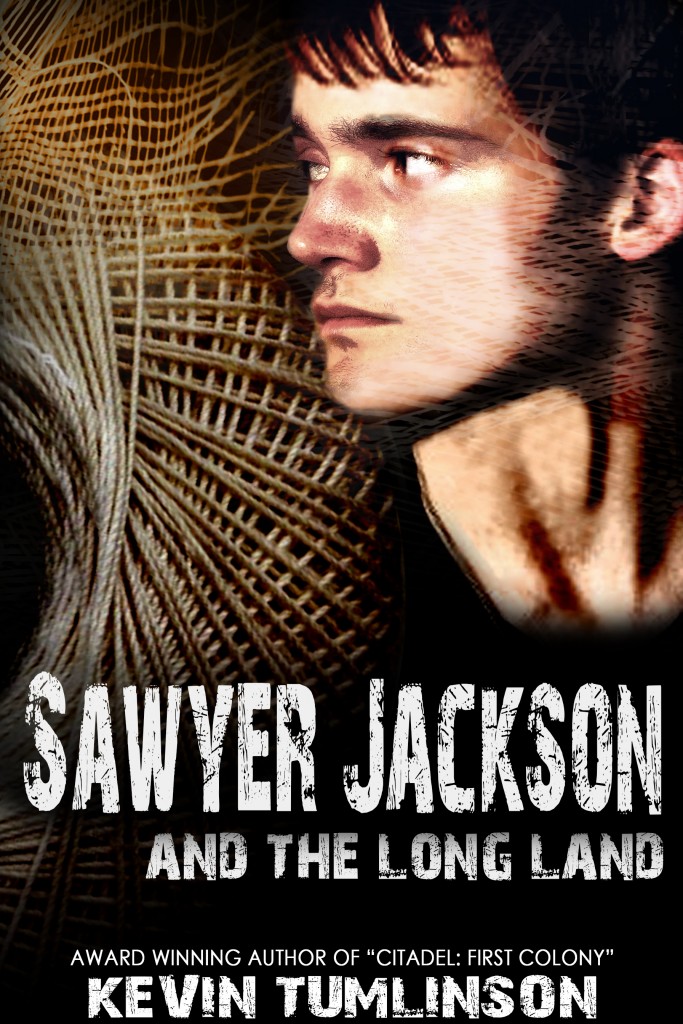
Writer’s block – do you get it and how do you handle it?
I have absolutely no idea what this is.
I’m not being flip—I legitimately have never experienced anything I’d call “writer’s block.” I’ve had moments when I sat down with no plan and no idea, with the intention of “I’m going to write something, dammit!” And at that point, sure. I was a little stymied. But I think it’s in the same way that an architect would be stymied if they had no idea what sort of building they needed to design, and where it was going to be placed, and what it was going to be used for.
Having an idea, before you sit down, is the key to keeping things flowing. Sometimes that idea is small and simple. “I’m going to write about a frog with a magic hat.” Sometimes it’s more grandiose, involving reams of research on a topic that evokes passion in your breast. But I’d advise writers to avoid sitting in front of the keyboard at all until they actually know what they want to say. Not word for word—but they must have the spirit and essence there, ready to go.
If you’re still stuck at that point, I think the secret is to just start typing (or writing by hand, if that’s your thing).
I’ve worked as a copywriter for most of my career. There were times when I was asked to write something for a client, and the instruction was a very informative “We need 1,500 words on Subject X.” I may know nothing whatsoever about Subject X when I sit down, but that’s easily solved with Google. And once I have some background, now it’s all about the output. I’m probably not an authority on Subject X, but I know how to start a sentence and see it through. So I just start writing.
That adage of “writing is rewriting” is true. Absolutely true. You may start by plunking down whatever nonsense is in your brain, but eventually you’ll come back and revise what you’ve written to fit the timbre and tone of what followed it. As you write, the ideas take form, and gel. They become something, whereas before they were just concepts and abstract thoughts. Now they have form. They’re clay. But they’re clay you made yourself, and as you shape it you’re even more in contact with it than a sculptor or carver would be. They shape what the world gives them. Writers shape the medium of their own creation.
The secret to kicking writer’s block to the curve, then, is to just start. Write without editing. Write without caring about your mistakes. You’ll get it fixed when you come back later. Write knowing full well that a more informed, better educated version of you, in the future, will be back to make it shine.
What inspires your writing? What are the questions you want to answer with your books?
I’ve lived with the stories I tell most of my life. My childhood and upbringing inspired a lot of my writing. The fantasies that play out in my head, and the grist of books and television and films I’ve seen, they all come together to form a sort of ongoing tale. I’m just shaping that tale and putting in on the page, with faces I drew myself, and dressed in clothes I made.
I don’t know that I’m actually trying to answer a particular question with my books. Quite the opposite, actually. I’m trying to evoke questions. I want people to read something I wrote and think, “Huh. That’s something I never thought about before. Where could I take that? Where could it take me?”
Music while you write? And if so, does it change based on the project? Favorite albums?
For the most part, I listen to a lot of instrumental Celtic music. A few years ago I discovered that it really resonated for me as I wrote. I keep it pretty low, almost inaudible, but it makes me feel a little “comfy” as I sit in my home office, tapping away. It’s a very “transporting” kind of music.
I’d say there’s likely a flavor in all my books that ties in with that music.
Of course, I do switch it up every now and then. Sometimes I’ll play something contemporary. But that usually makes me feel a little off balance. The tones of my work change, slightly. It’s like switching the source of water at a soda factory. You get pretty much the same product, but it has a slight difference in taste. Maybe I should have used a classier analogy, like wines made with grapes from different regions.
Do you have any upcoming projects? Anything you’d like to promote?
I mentioned this earlier, but Nick Thacker and I are working on episode one of “The Lucid,” which promises to be a very cool serial. Lots of action, lots of clandestine activities, and a nice post-apocalyptic flavor. It’s a very unexpected kind of story, and one I think my readers will love!
I’m also nearly done with the second Sawyer Jackson book, “The Shadow Strait.” It’s a fantastic continuation of the series, and the people who loved book one are not going to be disappointed. The characters in this book keep evolving and keep getting better. I’m completely in love with this story!
Where’s the best place to find out more about you and your work?
My home online is www.kevintumlinson.com. That’s a portal to anywhere and everywhere else you can find me! But you can also connect with me on social media:
Facebook: /kevin.tumlinson
Twitter: @kevintumlinson
Google+: +kevintumlinson
Kevin Tumlinson’s Author Bio:
Kevin Tumlinson is the Wordslinger—a full-time indie author and author coach, spending most of his days enslaved to a MacBook that just won’t let him go outside and play. His “Citadel” and “Sawyer Jackson” series are reader favorites, and his readers are Kevin favorites.
Learn more about Kevin and his work at www.kevintumlinson.com.






